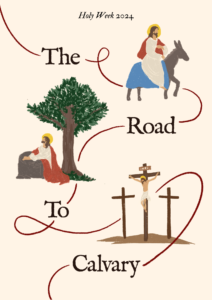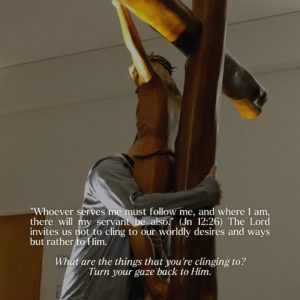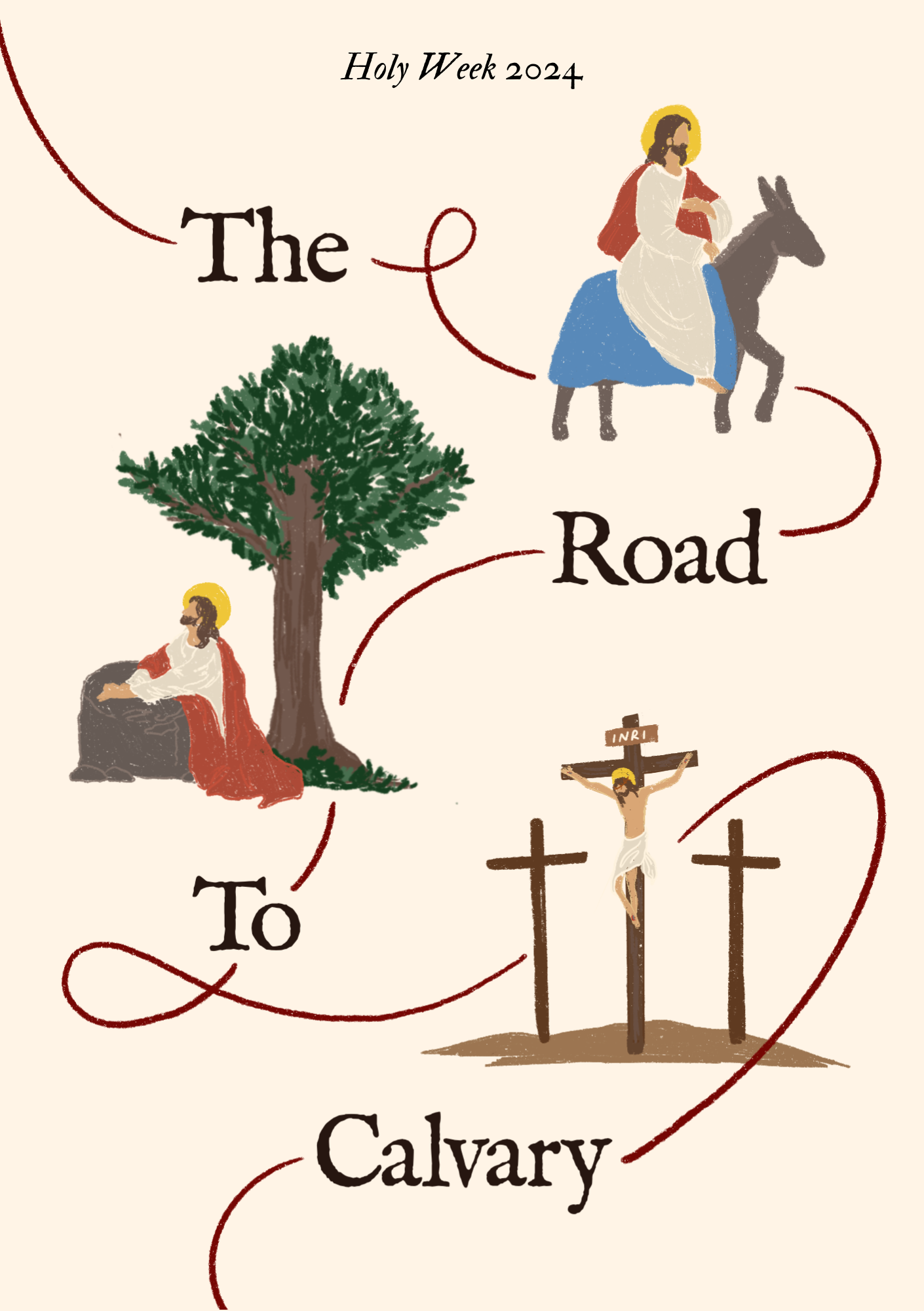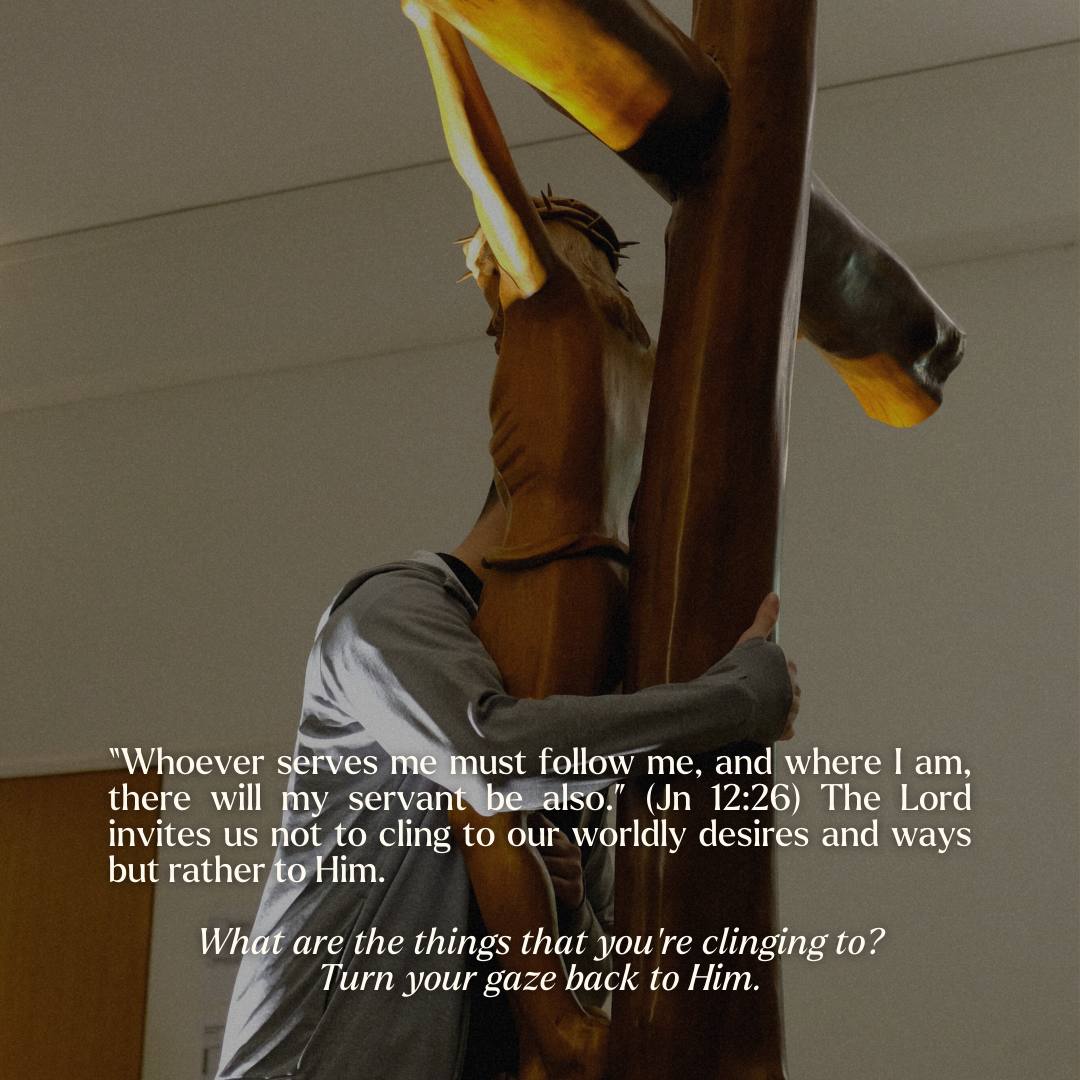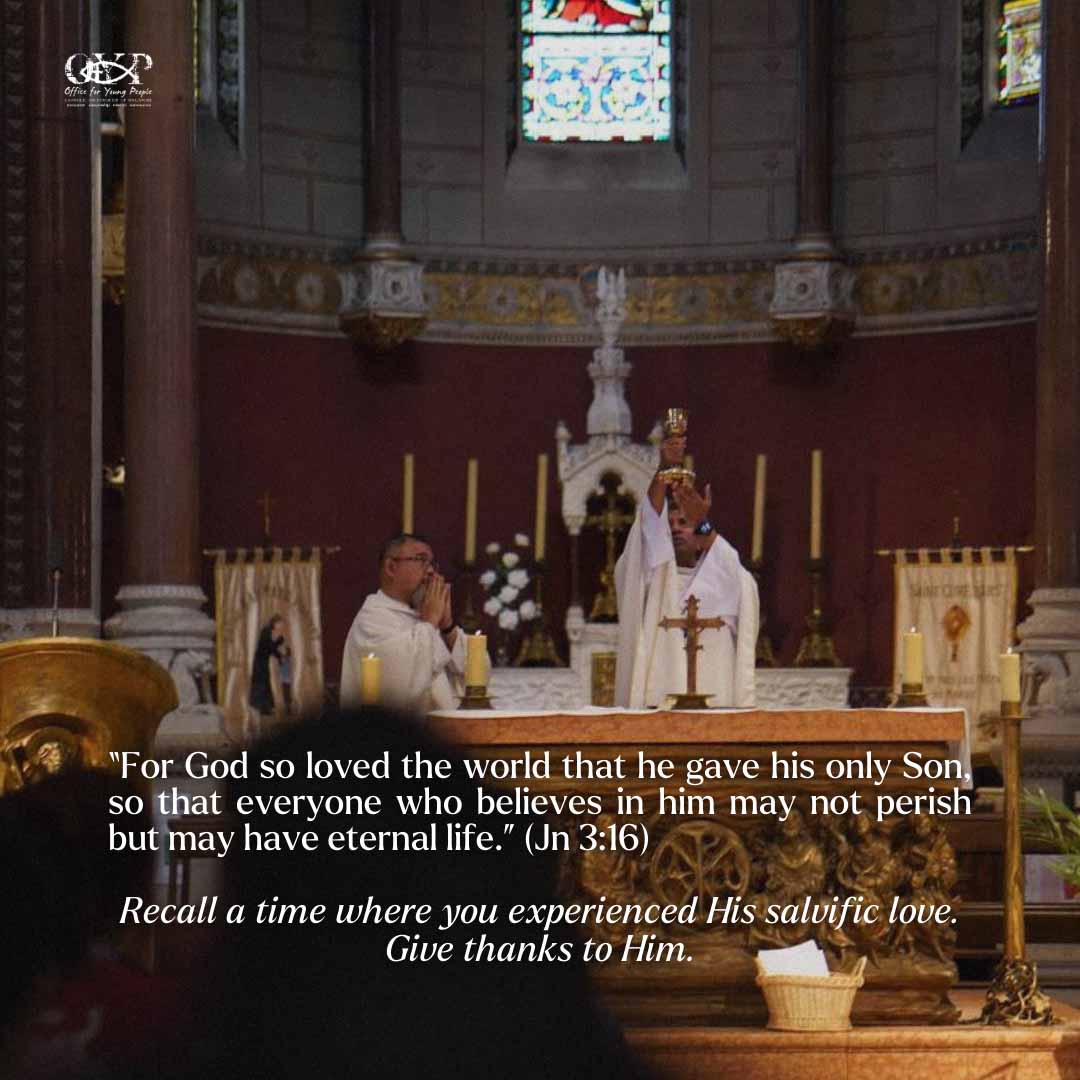By Sean Toh
What are dogmas and doctrines? Are they just interchangeable synonyms?
Although the Church does not give strict definitions for these two terms, strong clues as to how these terms are to be used can be found in its documents – such as the Catechism of the Catholic Church, Code of Canon Law, and dogmatic constitutions.
We can start with doctrine (Latin: doctrina) – which means teaching. And to define a teaching, one must have authority. Laypeople may be able to teach theology, but only the Magisterium – the legitimate and universal teaching office of the Catholic Church – can propose and define doctrine that is binding on Catholics. Doctrines are thus propositions, taught authoritatively by the Magisterium of the Church. It is worth noting that doctrines are teachings related only to faith and morals, which excludes matters of science (E.g., the Church does not define doctrines on whether evolution is true, or when the earth was created).
Dogmas are a smaller subset of teachings which have been raised to the level of infallibility. They are not just authoritative, but also definitive. Doctrines, which are authoritative and binding on the faithful, are not necessarily infallible – as stated in the Code of Canon Law:
Can. 749 §3 “No doctrine is understood as defined infallibly unless this is manifestly evident.”
Can. 752 “Although not an assent of faith, a religious submission of the intellect and will must be given to a doctrine which the Supreme Pontiff or the college of bishops declares concerning faith or morals when they exercise the authentic magisterium, even if they do not intend to proclaim it by definitive act; therefore, the Christian faithful are to take care to avoid those things which do not agree with it.”
The CCC and Dei Filius sheds further light on the definition of dogma:
Wherefore, by divine and Catholic faith all those things are to be believed which are contained in the word of God as found in Scripture and tradition, and which are proposed by the Church as matters to be believed as divinely revealed, whether by her solemn judgment or in her ordinary and universal magisterium. (Dei Filius, Chapter III)
The Church’s Magisterium exercises the authority it holds from Christ to the fullest extent when it defines dogmas, that is, when it proposes, in a form obliging the Christian people to an irrevocable adherence of faith, truths contained in divine Revelation or also when it proposes, in a definitive way, truths having a necessary connection with these. (CCC #88)
The key clarification here is the definition of dogma as not just an infallible teaching, but one that is divinely revealed. The second part of CCC #88 suggests it is possible for doctrines to be infallible, and yet not taught to be divinely revealed. A rare example of this is the teaching that Priesthood is only reserved for men – which is infallible (definitive), but not yet taught by the Church as divinely revealed in Scripture and/or Tradition – and thus is not a dogma. The following diagram illustrates the distinction between dogma, doctrine, and the rare but still existing middle category of infallible doctrines which are not dogmas.
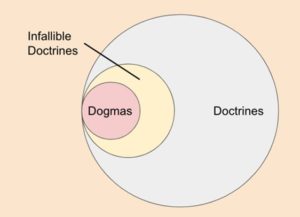
In summary:
- Doctrines – authoritative teachings of the Magisterium on faith and morals;
- Dogmas – doctrines that have been infallibly (definitively) proposed by the Magisterium as divinely revealed.
Additional Resources:
a. Dei Filius
https://www.vatican.va/content/pius-ix/la/documents/constitutio-dogmatica-dei-filius-24-aprilis-1870.html#fonte


